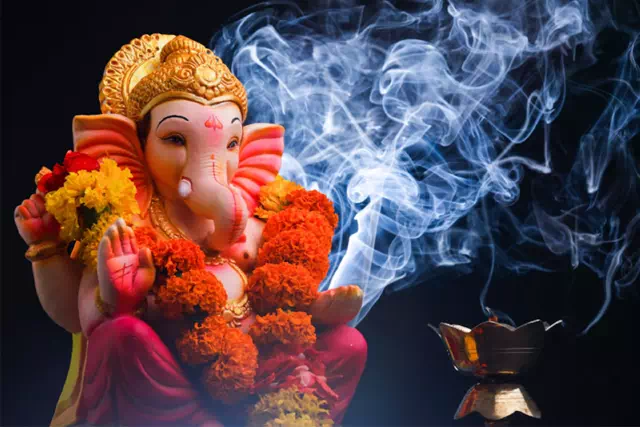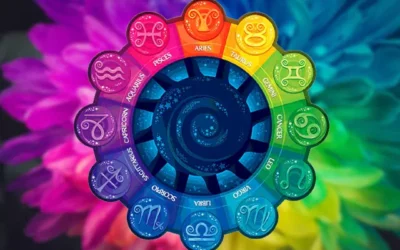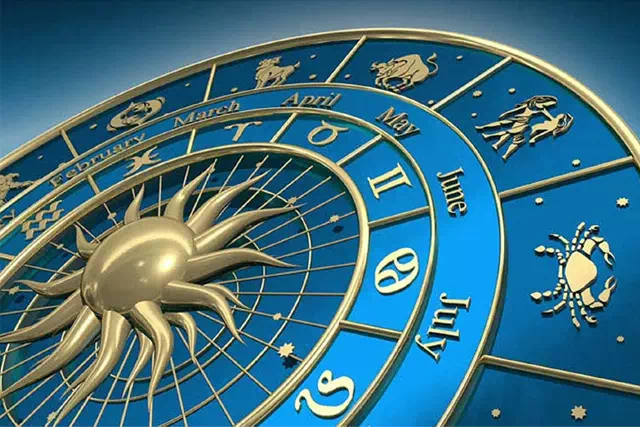Buddha Purnima, also known as Vesak or Buddha Jayanti, is a significant Buddhist festival celebrated to commemorate the birth, enlightenment, and death (parinirvana) of Gautama Buddha, the founder of Buddhism. This auspicious day falls on the full moon day (Purnima) in the Hindu lunar month of Vaisakha, typically occurring in April or May. From an astrological perspective, Buddha Purnima carries profound significance, as it aligns with celestial configurations that influence human consciousness and spiritual evolution.
Ganesh Chaturthi, also known as Vinayaka Chaturthi, is a widely celebrated Hindu festival that honours the birth of Lord Ganesha, the elephant-headed deity of wisdom, prosperity, and remover of obstacles. The festival holds profound astrological significance, deeply rooted in Vedic traditions and practices. This article explores the astrological importance of Ganesh Chaturthi and the rituals associated with this auspicious occasion.
Rituals of Ganesh Chaturthi:
Preparation and Decoration:
Clay Idol : Devotees bring home or install a clay idol of Lord Ganesha. The practice of using clay signifies eco-friendliness and symbolizes the cycle of creation and dissolution.
Altar Decoration : The altar or pandal where the idol is placed is decorated with flowers, lights, and traditional designs (rangoli). The colours used are often bright and vibrant, symbolizing joy and positivity.
Pranapratishtha:
Invocation : The ritual of Pranapratishtha involves invoking life into the Ganesha idol through the chanting of mantras and hymns. This is performed by a priest or the head of the family, signifying the deity’s presence in the idol.
Offerings : Various offerings (naivedya) such as modaks (sweet dumplings), fruits, coconut, and flowers are made for Lord Ganesha. Modaks are particularly significant as they are believed to be Ganesha’s favourite.
Daily Worship (Puja):
Morning and Evening Aarti : Devotees perform aarti (ritual of light) in the morning and evening, singing devotional songs (bhajans) and hymns. The aarti involves circling a flame in front of the idol, accompanied by the ringing of bells and chanting.
Mantras and Bhajans : Reciting Ganesha mantras, such as “Om Gan Ganapataye Namah,” and singing bhajans help in invoking the deity’s blessings and purifying the environment.
Visarjan (Immersion):
Farewell Ritual : On the festival’s last day, known as Anant Chaturdashi, the idol is immersed in a body of water. This ritual, known as visarjan, symbolizes the cycle of creation and dissolution, signifying that life is ever-changing and transient.
Procession : Before immersion, a grand procession takes place, with devotees dancing, singing, and chanting Ganesha’s name. The vibrant procession reflects the joy and devotion of the community.
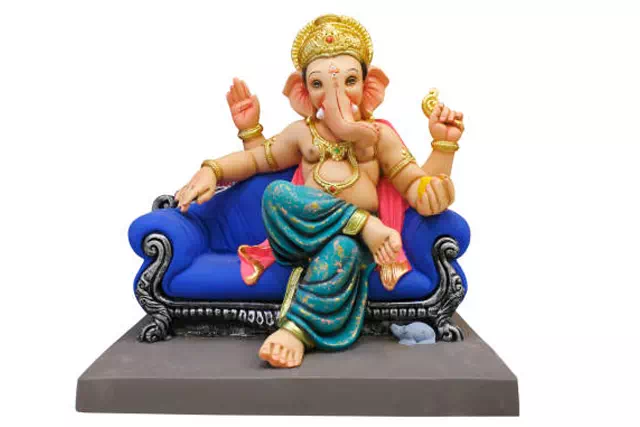
Astrological Significance:
Timing and Muhurat:
Ganesh Chaturthi is celebrated on the fourth day (Chaturthi) of the waxing moon period (Shukla Paksha) in the Hindu month of Bhadrapada, which typically falls between August and September. According to Vedic astrology, the selection of this day is highly auspicious. The moon during Shukla Chaturthi is believed to bestow prosperity and remove obstacles, aligning perfectly with the attributes of Lord Ganesha.
Planetary Influences:
Mercury (Budh) : Ganesha is considered the ruling deity of Mercury. As Mercury governs intellect, communication, and wisdom, worshipping Ganesha during this time enhances these qualities in devotees. It is an excellent period for students, writers, and those in intellectual pursuits.
Jupiter (Guru) : Jupiter, the planet of wisdom and spirituality, is believed to be strongly connected with Lord Ganesha. Worshipping Ganesha during Ganesh Chaturthi can amplify Jupiter’s positive effects, promoting growth in knowledge, spiritual development, and overall well-being.
Moon (Chandra) : The moon is associated with the mind and emotions. During Ganesh Chaturthi, the moon’s beneficial position helps in calming the mind, reducing stress, and bringing emotional stability.
Nakshatras and Yogas:
The festival is often observed when the moon transits through certain Nakshatras (lunar mansions) such as Hasta and Chitra, which are believed to enhance the positive energy of the celebrations. Specific yogas (planetary combinations) on this day also contribute to the overall auspiciousness, making it an ideal time for beginning new ventures and seeking Ganesha’s blessings.
Symbolism and Benefits:
Removal of Obstacles:
Ganesha, known as Vighnaharta (remover of obstacles), is invoked to clear the path of life’s challenges. The festival is believed to bring prosperity, success, and good fortune to devotees, making it an ideal time to start new ventures, whether personal or professional.
Wisdom and Knowledge:
Worshipping Ganesha enhances intellect and wisdom. Students and scholars especially benefit during this period, as the planetary alignments and Ganesha’s blessings promote concentration, learning, and academic success.
Spiritual Growth:
Ganesh Chaturthi is not just about material gains but also spiritual growth. The rituals and prayers elevate the spiritual consciousness of devotees, helping them connect with their inner selves and the divine.
Community Bonding:
The festival fosters a sense of community and togetherness. Collective worship, processions, and celebrations bring people closer, promoting social harmony and cultural unity.
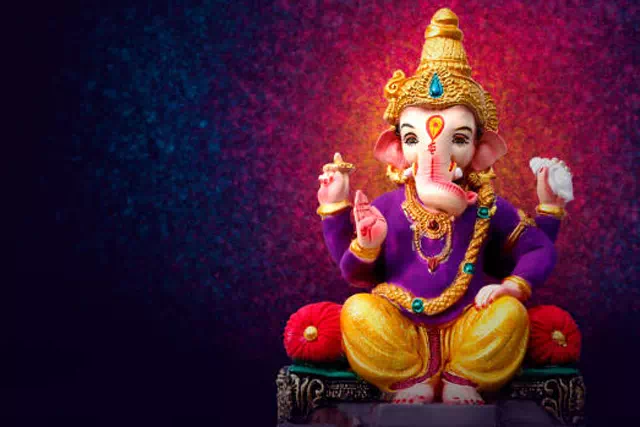
Environmental and Ethical Considerations:
Eco-Friendly Practices:
In recent years, there has been a shift towards eco-friendly practices during Ganesh Chaturthi. Using clay idols, natural colours for decoration, and organic materials for offerings helps reduce environmental impact and promote sustainability.
Ethical Celebrations:
The emphasis on simplicity and devotion over extravagance reflects the true spirit of the festival. Ethical celebrations ensure the focus remains on spiritual growth and community welfare rather than mere display of wealth.
Ganesh Chaturthi is a festival rich in astrological significance and cultural heritage. The meticulous rituals, vibrant celebrations, and deep spiritual undertones make it a unique and cherished occasion. By understanding the astrological aspects and engaging in the rituals with devotion, devotees can harness the positive energies of the planets, overcome obstacles, and achieve prosperity and wisdom. The festival not only strengthens individual faith but also fosters community bonding and promotes ethical and sustainable practices, aligning with the teachings of Lord Ganesha.
Don’t forget to revisit astropedia.co.in every month for more interesting content like this. Stay tuned for new articles, insights, and updates that will continue to inspire and inform your astrological journey.
TAGS:
ganpati astrology festival life career success
Colour of the Month for your Zodiac – September 2024
Each zodiac sign has a unique energy and personality, which can be beautifully enhanced by incorporating specific colors into your life. As nature bursts into vibrant hues this spring, discover the perfect color that resonates with your zodiac sign. Whether it's for...
Astrology Q & A for the month – September 2024
Exploring the Mysteries of the Stars Welcome to our Astrology Q&A page, where we unravel the mysteries of the cosmos and provide insightful answers to your most common astrology-related questions. Whether you're a curious beginner or a seasoned star-gazer, this...




